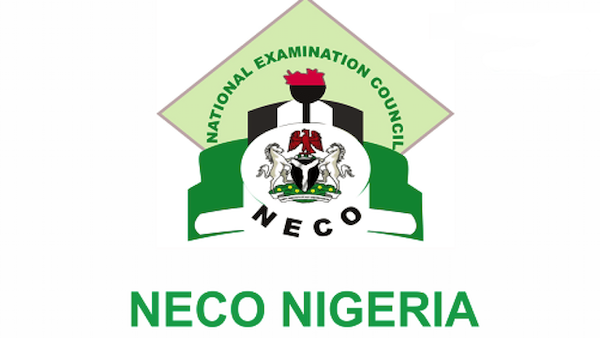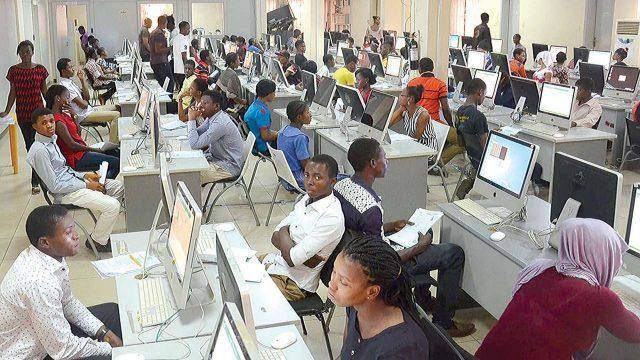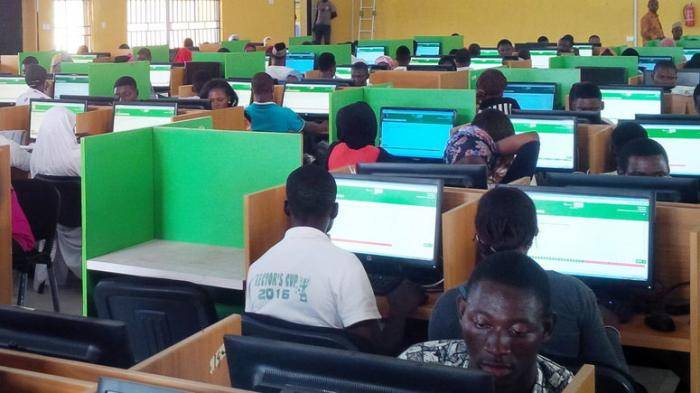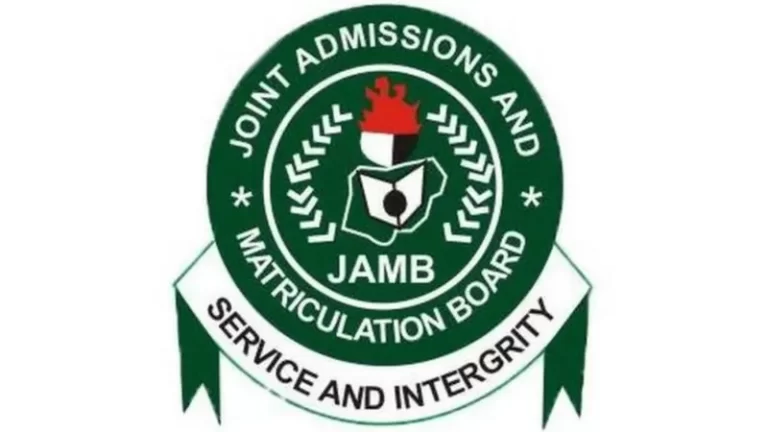Neco

Civic-Obj
1EACEADDDCC
11DCAABBEDAB
21EECCABDEEC
31AABECADBCC
41DDDDCCEEBE
51CACBDAABBC
(7a)
Representative democracy is a form of government where citizens elect representatives to make decisions on their behalf. These representatives are responsible for representing the interests and concerns of their constituents in the decision-making process.
(7b)
(PICK ANY THREE)
(i) Elections
(ii) Separation of powers
(iii) Freedom of speech and expression
(iv) Protection of individual rights
(v) Pluralism and diversity
(7c)
(PICK ANY FIVE)
(i) Decision-making process: In direct democracy citizens participate directly in decision-making through popular votes referendums or initiatives. In contrast WHILE in indirect democracy citizens elect representatives who make decisions on their behalf.
(ii) Scope: Direct democracy is more suitable for small communities or issues of local concern where citizens can gather and participate directly WHILE Indirect democracy allows for larger-scale governance where representatives can effectively represent a larger population.
(iii) Efficiency: Direct democracy can be time-consuming and slower in reaching decisions due to the need for widespread citizen participation. WHILE Indirect democracy allows for more efficient decision-making due to the delegation of authority to elected representatives.
(iv) Expertise: Direct democracy relies on the collective judgment of citizens which may not always reflect the same level of expertise. WHILE In indirect democracy elected representatives can bring expertise and specialization to the decision-making process.
(v) Responsibility: In direct democracy citizens bear direct responsibility for decisions made collectively. WHILE In indirect democracy representatives are accountable to the citizens who elected them and can be held responsible for their decisions through periodic elections.
(vi) Protection of minority rights: Direct democracy without these safeguards can potentially lead to the tyranny of the majority where minority interests are overlooked. WHILE Indirect democracy incorporates institutional safeguards and checks and balances to protect minority rights.
(8a)
Stigmatization refers to the process of labeling and discriminating against individuals or groups based on certain characteristics or attributes that are seen as deviating from societal norms. Stigmatization often results in negative stereotypes prejudices and social exclusion.
(8b)
(PICK ANY THREE)
(i) social stigmatization
(ii) verbal stigmatization
(iii) Employment discrimination
(iv) Healthcare stigmatization
(v) Self stigmatization
(vi) Legal stigmatization
(8c)
(PICK ANY FOUR)
(i) Public education and awareness: Increasing public knowledge and awareness about HIV/AIDS through targeted campaigns educational programs and media can help dispel myths and misconceptions. It promotes understanding and reduces stigmatizing attitudes.
(ii) Promoting empathy and compassion: Encouraging empathy and compassion towards individuals living with HIV/AIDS can foster a supportive and inclusive society. By emphasizing shared humanity and challenging stereotypes people are more likely to show understanding and reduce stigmatizing behavior.
(iii)Empowering affected individuals: Empowering individuals living with HIV/AIDS to speak out share their stories and advocate for their rights helps to challenge stigmatization. By promoting self-advocacy and providing support networks affected individuals can regain control and counteract stigma.
(iv) Legal protection: Enacting and enforcing laws that protect individuals living with HIV/AIDS from discrimination and stigmatization is essential. These laws should address employment healthcare education housing and other areas where discrimination may occur.
(v) Engaging communities and key stakeholders: Collaborating with community leaders healthcare providers educators and other stakeholders can help to address HIV-related stigma at the grassroots level. By involving multiple sectors and promoting dialogue attitudes can be changed and stigmatization reduced.
(vi) Counseling and psychosocial support: Providing counseling services and psychosocial support to individuals living with HIV/AIDS contributes to their emotional well-being and resilience. Support groups and counseling sessions can help individuals cope with stigma build self-esteem and develop strategies to navigate societal challenges.
(2)
(i) Shared values and culture: A shared culture and set of values help to create a sense of unity among citizens. When people have common beliefs, customs, and traditions, they are more likely to feel connected to each other.
(ii) Respect for diversity: A society that values diversity and respects differences in culture, religion, and ethnicity promotes national unity. When people feel that their identities are valued and respected, they are more likely to feel a sense of belonging.
(iii) Inclusive governance: Inclusive governance, where everyone has a voice and a role in decision-making, is crucial for promoting national unity. When citizens feel that their opinions matter and that they have a stake in the future of their country, they are more likely to work together towards common goals.
(iv) Shared history: A shared history, including a common struggle for independence or other significant events, can help to promote national unity. When people have a shared history, they are more likely to feel connected to each other and to the country as a whole.
(v) Education: Education is a powerful tool for promoting national unity. When citizens are educated about their country’s history, culture, and values, they are more likely to feel a sense of pride and connection to their country. Education also promotes critical thinking and understanding, which can help to reduce prejudice and promote tolerance.
(1a)
A constitution is a set of fundamental principles or established precedents according to which a state or other organization is governed. It outlines the structure of the government, the rights and responsibilities of citizens, and the relationship between the government and the people.
(1b)
(i) Federalism: The constitution provides for a federal system of government, where power is shared between the federal government and the state governments.
(ii) Separation of powers: The constitution provides for the separation of powers between the executive, legislative, and judicial branches of government, which ensures that no one branch of government has too much power.
(iii) Fundamental human rights: The constitution provides for the protection of fundamental human rights, such as the right to life, liberty, and freedom of expression.
(iv) Presidential system: The constitution provides for a presidential system of government, where the president is both the head of state and the head of government.
(6a)The rule of law is a principle that refers to the idea that everyone, including the government, is subject to the law and that no one is above the law. It ensures that laws are applied equally to all individuals and that the legal system is fair and transparent.(6b)(i) Protects individual rights(ii) Promotes social stability(iii) Encourages economic growth(iv) Prevents abuse of power(i) Protects individual rights: It ensures that everyone is equal before the law and that their rights are protected.(ii) Promotes social stability: It provides a framework for resolving disputes and conflicts in a peaceful manner, which promotes social stability.(iii) Encourages economic growth: It creates a stable and predictable legal environment that encourages investment and economic growth.(iv) Prevents abuse of power: It ensures that those in power are held accountable for their actions and that they do not abuse their power.(6c)(i) Independent judiciary: It is important to have an independent judiciary that is free from political influence and can interpret and apply the law fairly.(ii) Access to justice: Everyone should have access to legal representation and a fair trial, regardless of their social status or financial means.
(5a)Civic education is the process of educating individuals on their rights, responsibilities, and duties as citizens of a particular country. It helps individuals understand how their actions can impact their community and the country as a whole.(5b)(i) Promotes active citizenship: Civic education helps individuals become active and responsible citizens who are knowledgeable about their rights and responsibilities.(ii) Encourages political participation: It helps individuals understand the importance of political participation and how they can get involved in the political process to make a difference.(iv) Enhances critical thinking skills: Civic education encourages individuals to think critically about social issues and to analyze information from different sources.(iv) Fosters social cohesion: It promotes respect for diversity and helps individuals understand the importance of working together to achieve common goals, which fosters social cohesion.(4a)Orderliness is defined as a conscious action achieved through an organized, thoughtful, serene, diligent and systematic manner towards achieving specified goals through the following of laid down procedures, principles, standards or rules. It serves as a cornerstone for the development of any society.(4b)(i)Obedience to traffic light, its rules and regulations; As simple as this may look, it can prevent a number of unnecessary deaths if adhered to. Unfortunately, road accidents had resulted into more deaths in societies where traffic lights are absent. The act of obeying traffic light and constituted road management officials will encourage an easy and safe movement for motorist.(ii)Creating and joining a queue when required; Queueing is one way of achieving orderliness when a large number of people require services rendered by a few persons or machines. In this regard, one will need to wait for his or her turn through a queue. Examples of places where queuing may be required are Automated Teller Machine (ATM) points, petrol stations and bus stations.(iii)Having an organized protest by pressure groups; An instance is the EndSars pressure group whose ordered and organized protest was suddenly disrupted by the Nigerian military. This happened at the Lekki toll gate on October 20, 2020 in Lagos, Nigeria. Unfortunately, innocent lives were lost.(iv)Decorum in learning environments and other appropriate places; Decorum is an important requirement in learning environments. It is also crucial within organizations and offices so as to enable the staff (workers) concentrate fully on their job. In other words an academic environment decorum may be observed in the form of silence, sitting arrangements.
Completed
RECOMMENDED TOPICS
- JAMB 2025 UTME/DE registration document – step-by-step on how to apply for UTME and DE

- JAMB postpones 2025 UTME Registration to February 3rd

- JAMB Officially Announces 2025 UTME Registration, Exam, Mock Dates, Cost and Important Details

- The official reading novel for Jamb 2025 is Lekki Headmaster

- Subjects for Computer Science in JAMB for Guaranteed Success


